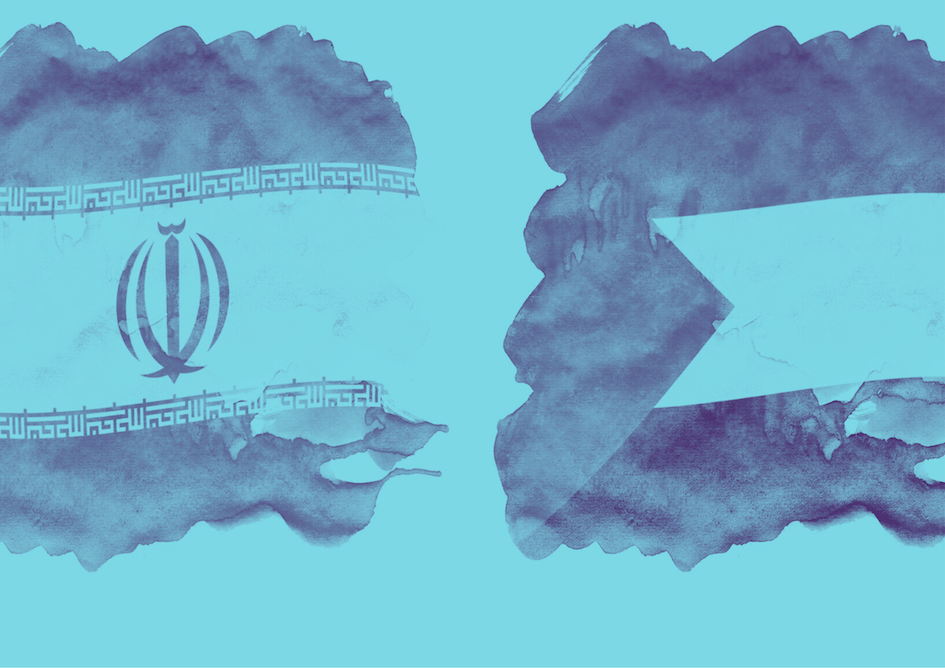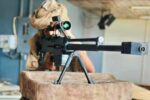Tehran’s military setback leaves Sudan’s army in limbo
28 June 2025
While a tenuous ceasefire is currently in place, some analysts believe the Israel-Iran conflict may detrimentally affect the Sudanese army’s weapon supplies in the days ahead.
Since the eruption of conflict in Sudan in April 2023 between the Sudanese Armed Forces (SAF) and the paramilitary Rapid Support Forces (RSF), both have relied heavily on foreign military support to hold their grounds.
Among SAF’s quiet but significant backers has been the Islamic Republic of Iran, which reestablished military and diplomatic ties with Sudan’s military leadership shortly after the war began. The relationship, shrouded in secrecy but evidence on the battlefield, has given the SAF a crucial edge in air power through the supply of combat drones, ammunition, and technical training.
Tehran’s renewed support marked a reversal from years of strained relations. But with the SAF fighting a protracted war on multiple fronts, Iran’s drone technology—especially Mohajer-type UAVs—helped rebalance the military equation.
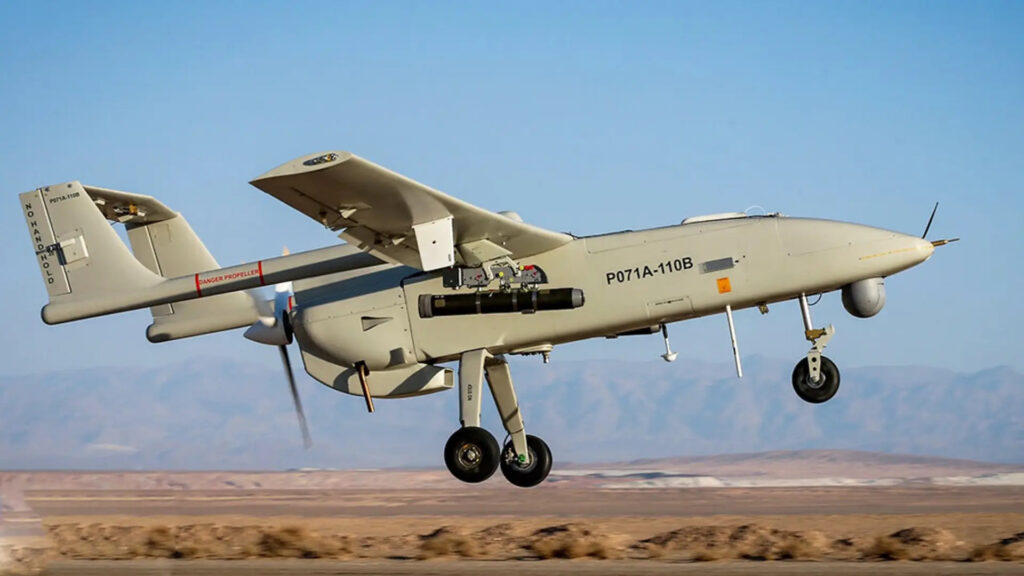
The army’s reliance on Iranian drones
The SAF have used Iranian drones, the Mohajer-6 model in particular, in both reconnaissance and lethal airstrikes, particularly in Khartoum, Jazeera State, and the Darfur region, where RSF positions were hit repeatedly during SAF’s counteroffensive in late 2024.
A military expert with close ties to SAF said the drones were chosen due to their availability and Iran’s readiness to provide support, including sending experts to train Sudanese personnel. The expert noted that such advanced weaponry typically takes time to deliver, but the Mohajer-6 offered an immediate solution as SAF sought to bolster its aerial capabilities.
Ayin had previously revealed a pattern of Iranian cargo shipments arriving in Port Sudan. Flight tracking data shows repeated landings by a Boeing 747-200 cargo plane—registered EP-FAB to Qeshm Fars Air—in Port Sudan, since January 2024. The shipments highlight deepening military ties between Iran and Sudan de facto authorities, as SAF increasingly relies on external support to sustain its war effort.
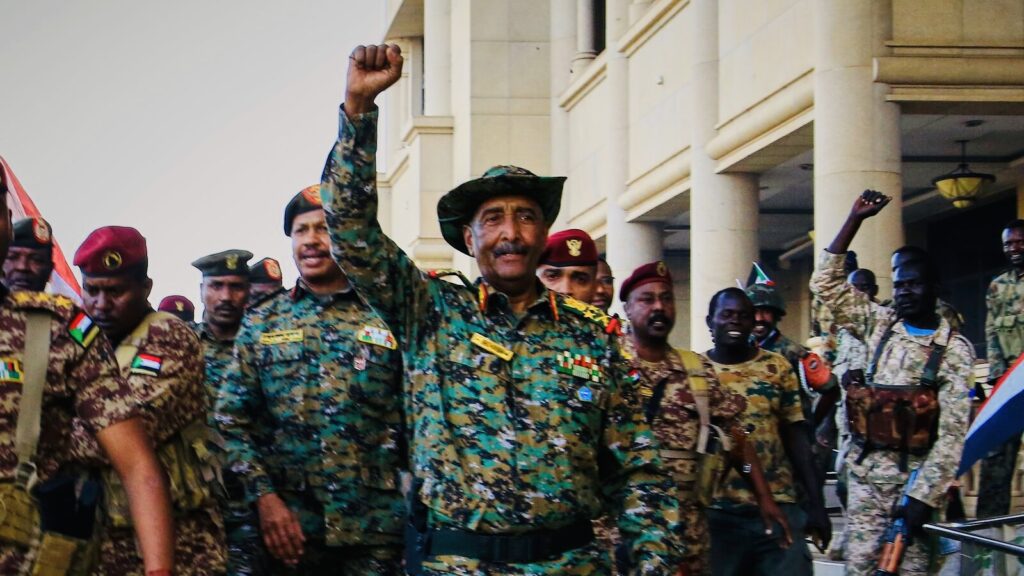
The impact of potential arms supply cuts
The escalating regional conflict between Iran and Israel has raised questions about the extent of its impact on Sudan and the SAF’s supply lines. With SAF relying heavily on Iranian military support, any disruption in Iran’s regional posture or logistical could significantly affect the flow of weapons and equipment to Port Sudan.
Kholood Khair, director of the Confluence Advisory think tank, told Ayin that although a fragile ceasefire currently holds between Iran and Israel, the regional conflict has had significant consequences—particularly for Iran’s ability to export weapons. “Iran’s long-range missile capabilities have massively dwindled and its weapons stocks have also dwindled—they threw a lot at Israel,” Khair said.
As a result, Sudan’s de facto authorities may no longer be able to depend on Tehran as a steady military supplier, especially after what she described as three large Iranian weapons shipments to Port Sudan in the months leading up to the Israel-Iran war. “They didn’t know they were going to be in this war,” she noted, suggesting that Iran is now unlikely to repeat that level of support to SAF in the near future.
It’s unlikely that the kind of weapons supplies that we’ve seen until now—as recently as May—will continue given how much Iran’s weapons stocks have been depleted
— Kholood Khair, Director, Confluence Advisory
Khair emphasized the growing complexity of SAF’s supply situation, especially as its main military backers—Iran, Russia, and Turkey—are each engaged in their own military and geopolitical conflicts. “SAF is not in a position like the RSF,” she explained, contrasting the SAF’s strained supply lines with the RSF’s more consistent backing from China and the UAE. While SAF has procured drones from Turkey and received Iranian-made Shahed and Mohajer drones, the continuity of those supplies is now uncertain. “It’s unlikely that the kind of weapons supplies that we’ve seen until now—as recently as May—will continue given how much Iran’s weapons stocks have been depleted,” she said.
Looking ahead, Khair warned that SAF’s military strategy could be significantly affected. “SAF will be relying more on drones during the rainy season,” she said, noting that ground offensives become more difficult during this period. If Iranian drone shipments are disrupted, Khair argued, SAF may struggle to maintain its current operations unless it turns to expensive alternatives from China or accelerates the deployment of Russian and Chinese fighter jets already on order. Several military sources told Ayin three months ago that the army was in the process of acquiring Chinese and Russian fighter jets, along with advanced air defense systems.
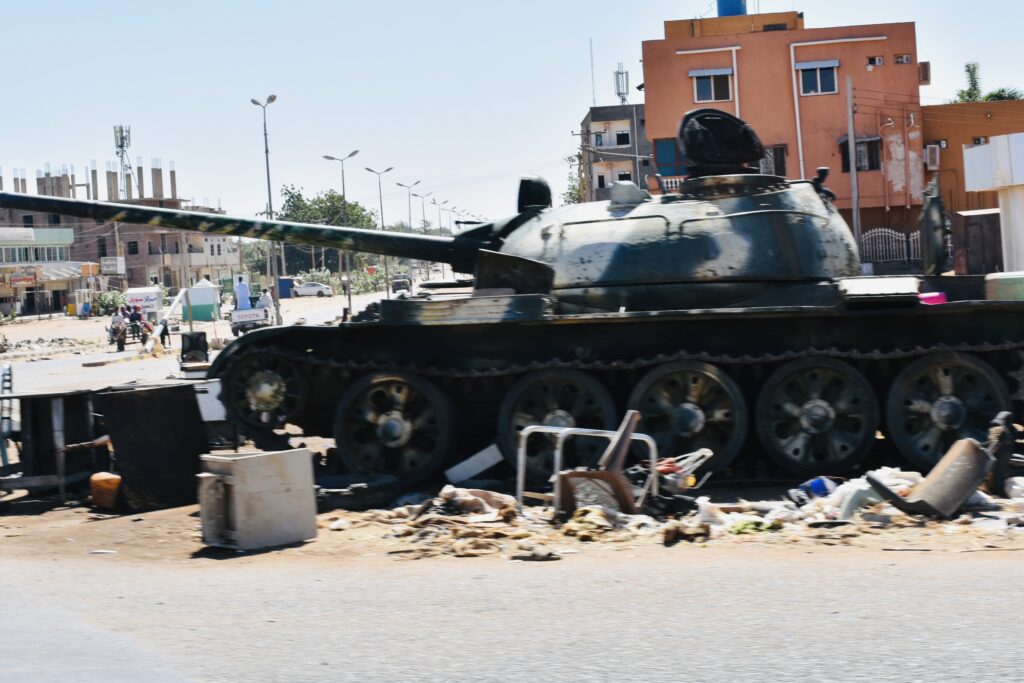
Alternative suppliers
According to Retired Major General Amin Ismail, the ongoing conflict between Iran and Israel is unlikely to have a direct impact on Sudan’s war dynamics or SAF’s access to military supplies. “There is no direct impact on Sudan as long as there is an open arms market and flexible alliances,” he stated, adding that SAF’s strategic relationships allow it to pivot depending on shifting regional power balances.
Retired Major General Amin Ismail told Ayin that the army operates with flexibility when it comes to sourcing their military needs, purchasing weapons from whichever suppliers are available rather than relying exclusively on any one country. “The armed forces choose whom to buy from based on availability in the market,” he said.
There is no direct impact on Sudan as long as there is an open arms market and flexible alliances
— Rtd. Major General Amin Ismail
Alberto Fernandez, who served as the U.S Charge d’affaires in Sudan from 2007 to 2009, told Ayin that while the recent escalation between Iran and Israel has dealt a serious blow to Iran’s military capacity, it’s impact on Sudan is likely to be limited. He said the Israeli strikes caused significant damage to Iran’s arms production and weapons stockpiles. “Sudan may be less of a priority for the Tehran regime, at least in the short term,” Fernandez noted, suggesting Iran might shift its focus inward to recover, potentially showing or reducing weapons transfers to Sudan.
However, Fernandez believes a drop in Iranian support would not be a critical setback for the army. “I doubt that the lack of Iranian weapons would be a major issue,” he said. While disruptions could affect key areas like drone operations, he emphasised that alternative exist. “Yes, it could hurt SAF somewhat in a few key areas like drones, but there are Turkish and Chinese, even Russian (copies of Iranian) drones available,” he explained. “If SAF’s offensive capacity is decreased as a result of disruptions in Iranian weapons shipments, I don’t think it would be by a lot,” he added, indicating SAF’s ability to adapt through other suppliers.
Ayin reached out to the spokesperson of the Sudanese Armed Forces (SAF) to comment on the impact of the Israel-Iran conflict on their weapons supply lines. However, the spokesperson declined to respond
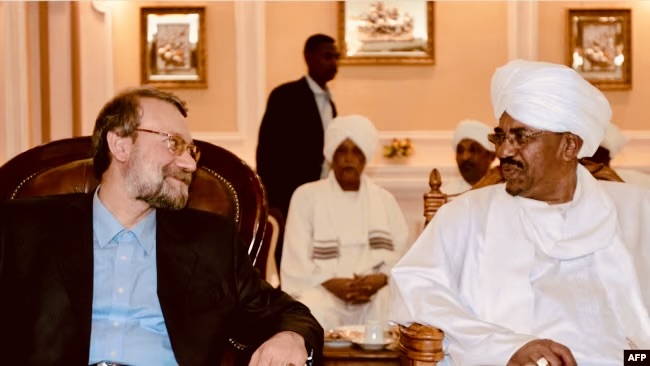
Sudanese-Iranian relations
Sudan’s military cooperation with Iran began under former president Omar al-Bashir, whose Islamist dictatorship worked closely with Tehran during international isolation. Iranian weapons, training, and logistical support were crucial to Sudan’s military under Western arms embargoes. Iran wanted Red Sea influence and Sudan wanted to evade Western arms acquisition limits, which led to the cooperation.
After Sudan’s 2019 revolution, the transitional government severed these links to reposition itself regionally and internationally. In order to repair relations with Gulf States and the West, the post-revolutionary administration cut military ties with Tehran and ended years of quiet cooperation. That changed in April 2023 when Sudan went to war. The SAF reconnected with Iran as they became increasingly isolated and needed military support –military collaboration has quietly increased ever since.

A political liability
Despite its military value, Khair claimed SAF’s political ties to Iran could hurt it. Israel and its supporters perceive the 12-day war as a decisive triumph that redefines regional power lines, she said. “Anybody that supports Iran is now seen as part of the losing team in the region. Khair said Tehran may consider SAF as a strategic friend rather than a client as Iran and its allies, like as Hamas and Hezbollah, decline. Iran may strengthen its cooperation with SAF to maintain its Red Sea dominance, especially through Port Sudan.
SAF faces significant pressure to broaden its alliances to avoid being perceived as an extension of Iran’s weakening axis and a supporter of Sudan’s Islamists. “SAF is in an unfortunate position because many of its Islamist supporters have been vocal in their support for Iran—and that doesn’t help SAF in any way, shape, or form.”


